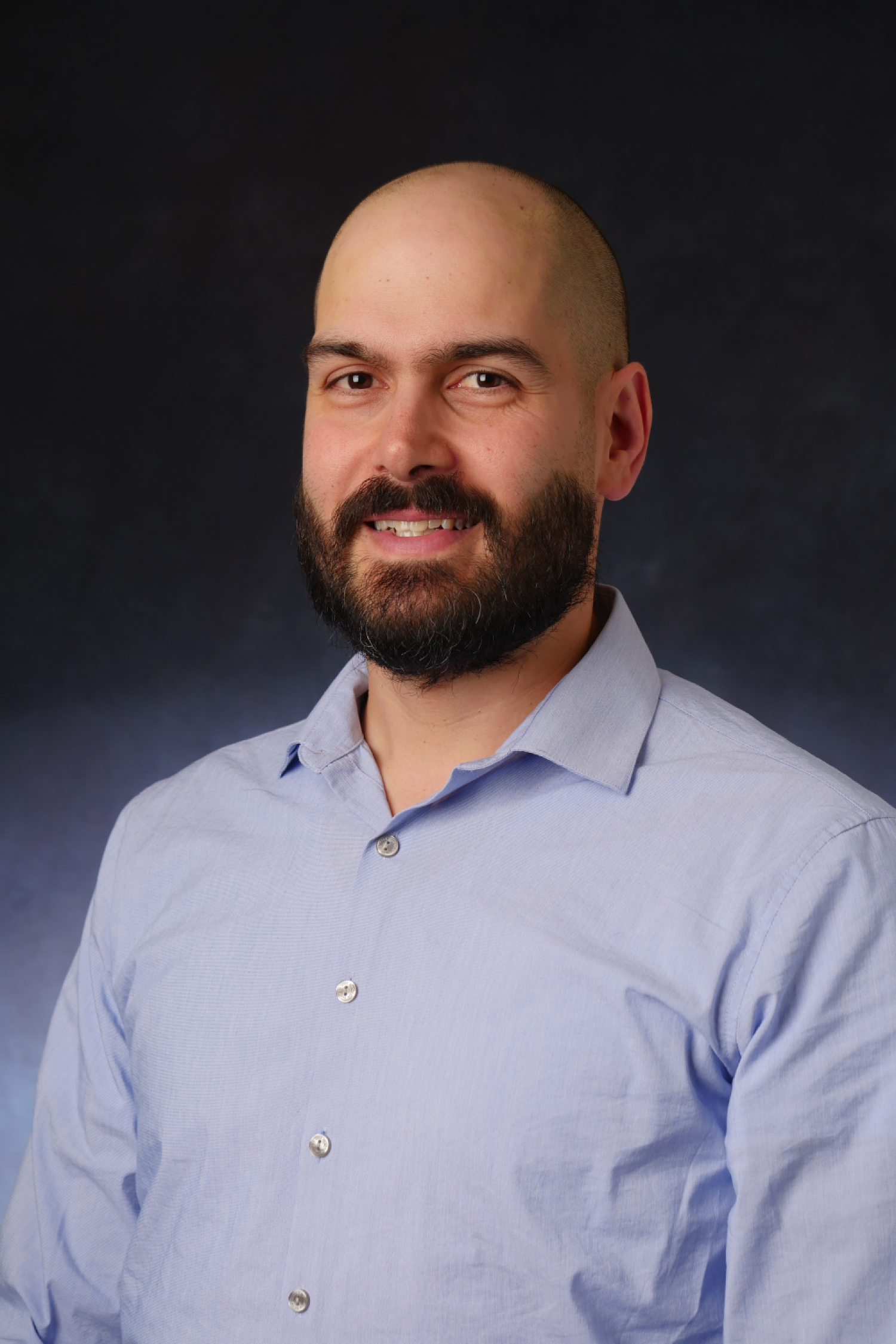Ben Livneh, PhD
- HYDROLOGY
- WATER RESOURCES & ENVIRONMENTAL FLUID MECHANICS • ENVIRONMENTAL ENGINEERING
Ben is an Associate Professor, with primary research interests into how land cover and climate changes will affect water availability in the western U.S. Several recent projects have focused on drought within the Colorado River Basin, its drivers, and how changes in seasonal snowpack may impact our ability to predict the total amount of water available to us in the river. Analyses have relied on in situ observations, satellite remote sensing, as well as future climate change simulations from global projection models. Beyond drought and the Colorado Basin, researchers within his research group have contributed to knowledge on topics ranging from flooding to irrigation, climate change to snow hydrology, from local to global scales.
Ben is a faculty member in Civil Engineering of Civil, a principal investigator of the Western Water Assessment, and a Fellow of the University of Colorado Cooperative Institute for Research in Environmental Sciences (CIRES). He received his first 2 engineering degrees in at the University of Western Ontario (Canada), before earning his PhD in Civil Engineering with an emphasis on Hydrology at the University of Washington.
Research Interests
- Impacts of changing land cover and climate on water resources
- Land surface modeling and the terrestrial water balance
- Regionalization of land surface processes and parameters
- Sediment transport
Professional Affiliations
- American Geophysical Union
Education
- PhD, Civil Engineering (emphasis in hydrology), University of Washington-Seattle, 2012
- MESc, Civil Engineering, University of Western Ontario, 2006
Honors and Distinctions
- NASA New Investigator Award (2018)
- Symposium Scholar, DISCCRS VIII: Dissertations Initiative for the Advancement of Climate Change Research, 2013
- CIRES Visiting Fellowship Award, 2012.
Recent Publications
Badger, A.M., B. Livneh, Hoerling, M.P., and J.K. Eischeid, 2018: Understanding the 2011 Upper Missouri River Basin floods in the context of a changing climate, Journal of Hydrology: Regional Studies, 19, 110-123, Link.
Hein C.J., S. Gopalakrishnan, J.E. Ten Hoeve, B. Livneh, H.D. Adams, E.L. Marino, and S.C. Weiler, 2018: Overcoming Early Career Barriers to Interdisciplinary Climate Change Research, Wiley Interdisciplinary Reviews Climate Change, e530, 1-18, Link.
Jennings, K.S., T. Winchell, B. Livneh, and N.P. Molotch, 2018: Spatial variation of the rain-snow temperature threshold across the Northern Hemisphere, Nature Communications, 9, 1148.
Friedrich, K., R. Grossman, J. Huntington, P. Blanken, J. Lenters, K. Holman, D. Gochis, B. Livneh, J. Prairie, E. Skeie, N. Healey, K. Dahm, C. Pearson, T. Finnessey, S. Hook, and T. Kowalski, 2018: Reservoir Evaporation in the Western United States: Current Science, Challenges, and Future Needs, Bulletin of the American Meteorological Society, doi:10.1175/BAMS-D-15-00224.1.
Shellito, P., E. E. Small, and B. Livneh, 2018: Controls on surface soil drying rates observed by SMAP and simulated by the Noah land surface model, Hydrology and Earth System Sciences, 22(3), 1649.
Henn, B., A.J. Newman, B. Livneh, C. Daly, and J.D. Lundquist, 2018: An assessment of differences in gridded precipitation datasets in complex terrain, Journal of Hydrology, 556, 1205-1219.
Marlier, M.E., M. Xiao, R. Engel, B. Livneh, J.T. Abatsoglou, and D.P. Lettenmaier, 2017: The 2015 drought in Washington State: A harbinger of things to come? Environmental Research Letters, 12 114008.
Stewart, J.S., B. Livneh, J.R. Kasprzyk, J.T. Minear, B. Rajagopalan, and W.J. Raseman, 2017: A multi-algorithm approach to land surface modeling of suspended sediment in the Colorado Front Range, Journal of Advances in Models Earth Systems, 9(7), 2526-2544.


